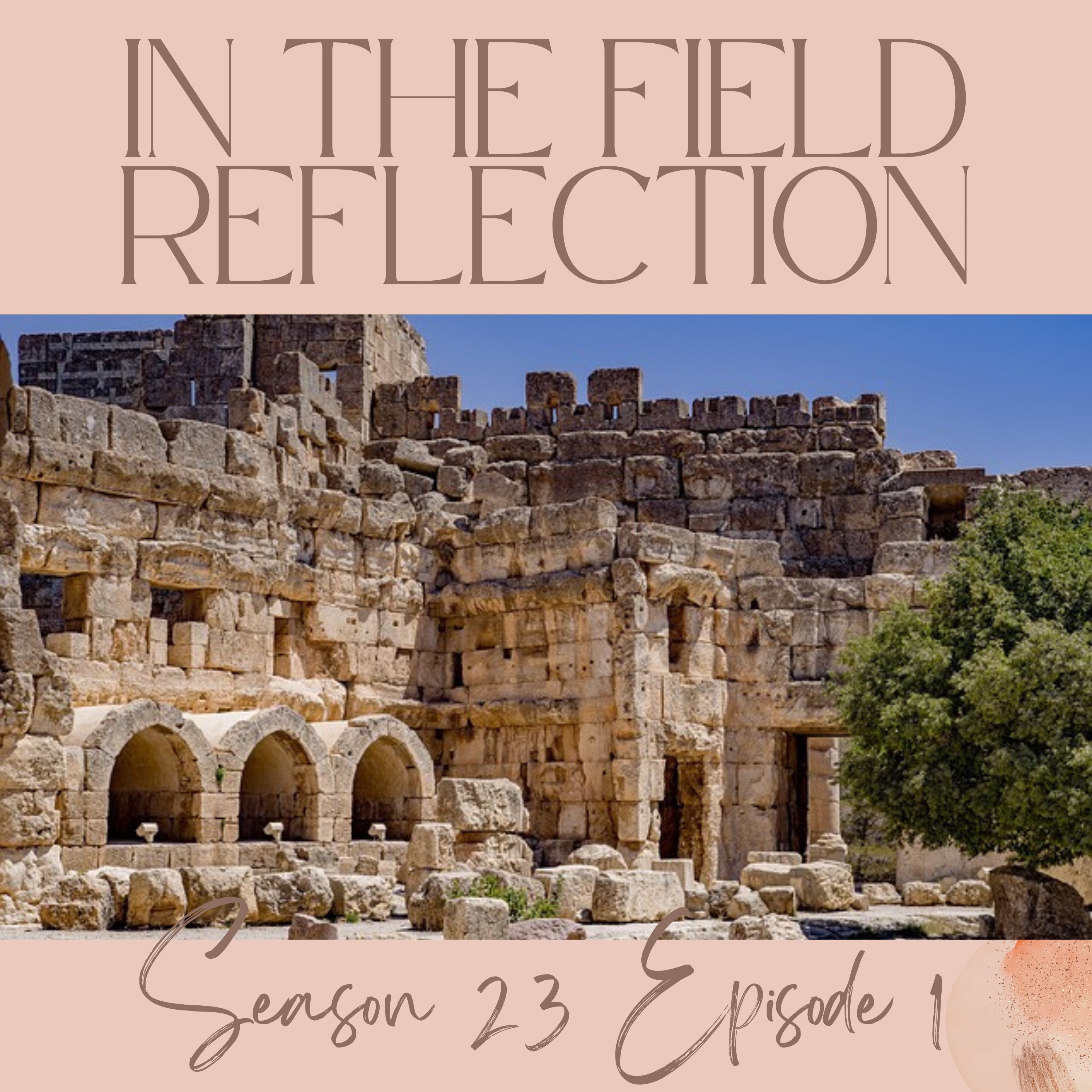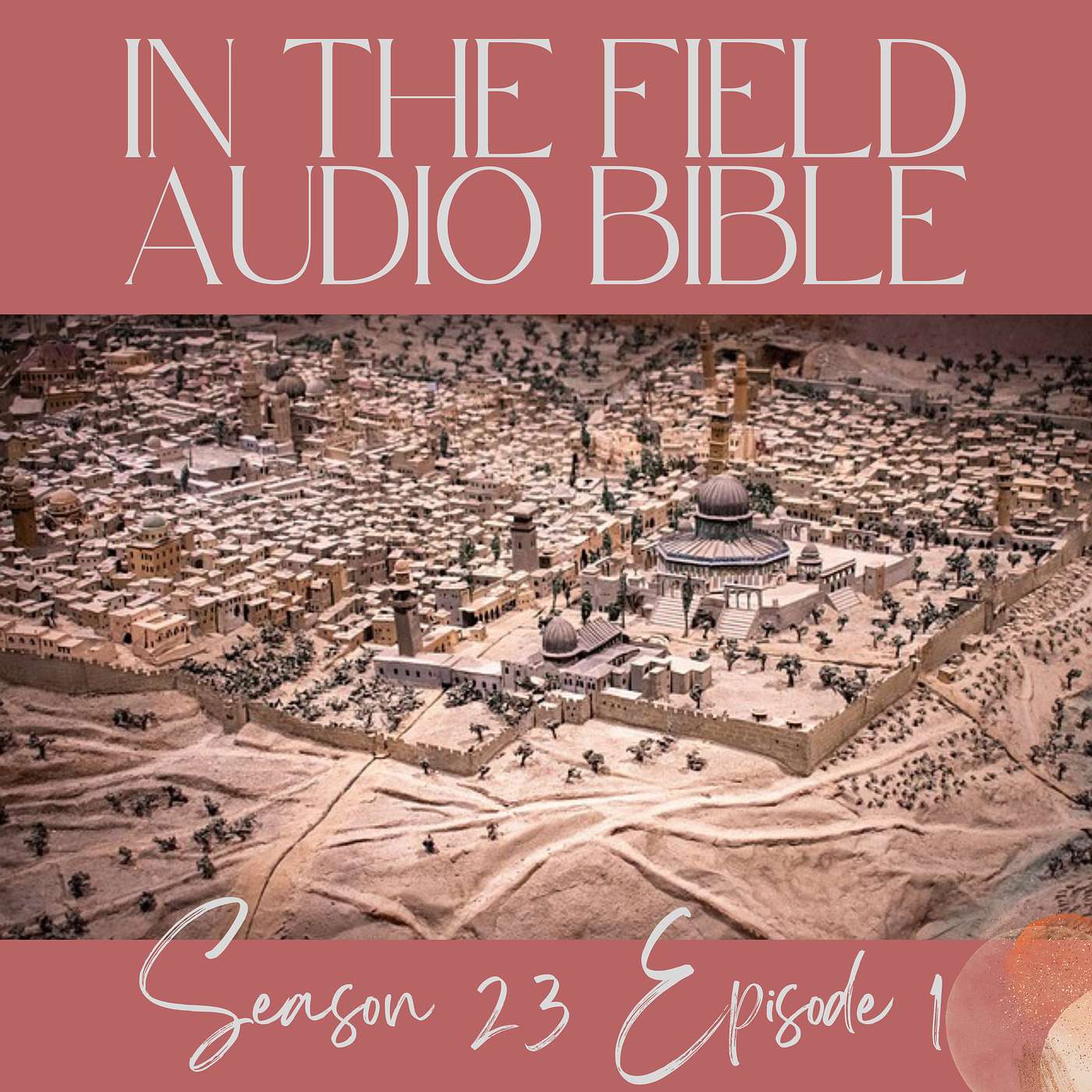Holy Ink: The Birth of Scripture in a Corinthian Courtyard

In the shadow of persecution, the most profound expressions of faith often emerge. Such is the story of the church in Thessalonica, a community of believers whose transformation became legendary throughout the ancient world. Like scripture in a Corinthian courtyard being shared among eager listeners, Paul's first letter to the Thessalonians captures not just correspondence between an apostle and his converts, but reveals the revolutionary power of the gospel to create authentic community even amid opposition.
The Thessalonian church was born in the cosmopolitan capital of Macedonia, a bustling crossroads where the great Via Ignatia connected East and West. This wasn't some obscure village, but a significant Roman provincial center where diverse cultures, religions, and social classes intersected. When Paul, Silas, and Timothy arrived in this strategic city, they brought not eloquent philosophy but the simple message of a crucified and risen Savior. What happened next demonstrates how the gospel's power transcends cultural barriers and social hierarchies.
Starting in the Jewish synagogue, Paul's proclamation that Jesus was the Messiah divided listeners. Some embraced this revelation immediately, while others hardened their hearts. But what's particularly remarkable is how the message spread beyond Jewish circles. God-fearers—Gentiles attracted to monotheism but kept at Judaism's margins—found in Christ's gospel the full inclusion they had long sought. When Paul declared "neither Jew nor Greek," these seekers discovered a spiritual home where ethnic background no longer determined religious status.
Even more revolutionary was how the gospel transformed social relationships. In a culture where women were considered property, female converts found their voices and leadership valued. When prominent Greek women joined the movement, it sent shockwaves through Thessalonian society. Slaves discovered their inherent dignity as children of God, standing alongside their masters as equals in worship. This radical social leveling wasn't just theological—it manifested in transformed households, business practices, and community relationships.
The disruption of established social hierarchies inevitably provoked backlash. Jewish leaders saw their influence waning as Paul's inclusive community grew. Roman authorities grew nervous when prominent citizens abandoned traditional worship. The accusation that these Christians "defied Caesar's decrees, saying there is another king, one called Jesus" revealed the political dimensions of gospel proclamation. When religious devotion shifts from emperor to Christ, imperial power feels threatened.
The intensity of persecution forced Paul and his companions to flee Thessalonica "under cover of darkness," leaving behind newly converted believers facing hostile neighbors, economic hardship, and potential imprisonment. What's remarkable isn't just that the Thessalonian church survived this opposition, but that they thrived within it. Their "work of faith, labor of love, and steadfastness of hope" became known throughout Macedonia, Achaia, and beyond.
Paul's letter, written from Corinth, bridges the physical separation with spiritual intimacy. Though forced to leave prematurely, his paternal concern remains intense. The letter doesn't just communicate affection but carries apostolic authority and theological instruction wrapped in genuine love. Through these carefully chosen words, Paul encouraged a community standing firm despite opposition, celebrating their transformation "from idols to serve the living and true God."
What made the Thessalonian testimony so powerful wasn't elaborate theology but authentic transformation. Their faith wasn't merely intellectual assent but active obedience that produced visible change. Their hope wasn't vague optimism but confident expectation of Christ's return that shaped daily decisions. Their love wasn't sentimental feeling but sacrificial action toward one another and their neighbors.
The letter itself demonstrates how divine revelation often comes through ordinary means—a reed pen, ink made from soot, papyrus sheets, written in a humble courtyard by lamplight. Yet these simple words, born from relationship and crafted with care, would outlast the Roman Empire and continue speaking life to believers across centuries. What began as personal correspondence became Scripture, not through institutional declaration but through its inherent power to transform lives.
Today's believers face different challenges than the Thessalonians, but similar questions persist: How do we maintain distinctive Christian identity within pluralistic society? How do we respond when faith provokes opposition? How do we embody authentic community that challenges cultural norms? The Thessalonian example reminds us that the gospel's most compelling evidence isn't intellectual argument but transformed lives—faith that works, love that labors, and hope that endures through every trial.



